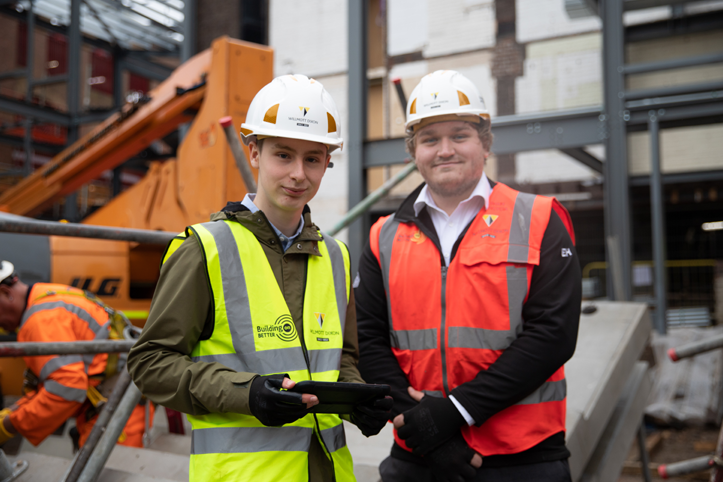Bolton College
-
Applications & Portals
-
Young People
- Art, Design & Creative Media
- Barbering
- Beauty Therapy
- Business & Professional Services
- Computing, Digital & IT
- Construction Multi-Skills
- Construction Brickwork
- Construction Carpentry & Joinery
- Construction Electrical
- Construction Painting & Decorating
- Construction Plastering
- Construction Plumbing
- Construction Roofing
- Early Years & Education
- Engineering
- ESOL (English for Speakers of Other Languages)
- Esports
- English & Maths
- Event, Hospitality & Catering Management
- Foundation Studies - Pathways to Progression
- Foundation Studies - Skills for Independence
- Hairdressing & Make-up
- Health & Social Care
- Motor Vehicle Employer Academy
- The Sciences
- Sport, Fitness & Wellbeing
- Teaching Assistant
- Uniformed Public Services
Courses for Young People - T Levels
- Apprenticeships
-
Adult Learning
- Access to Higher Education & Social Sciences
- Art, Design & Media
- Business Admin, Accounting & Management
- Catering & Hospitality
- Community Interpreting, Volunteering & British Culture
- Complementary & Beauty Therapy
- Construction Crafts & DIY
- Digital Skills
- Early Years / Childcare
- English & Maths
- ESOL
- Family Learning
- Foundation Learning (Adults)
- Health & Social Care
Adult Learning - Higher Education
-
Employers
- English & Maths
- Student Support
Apply Now


